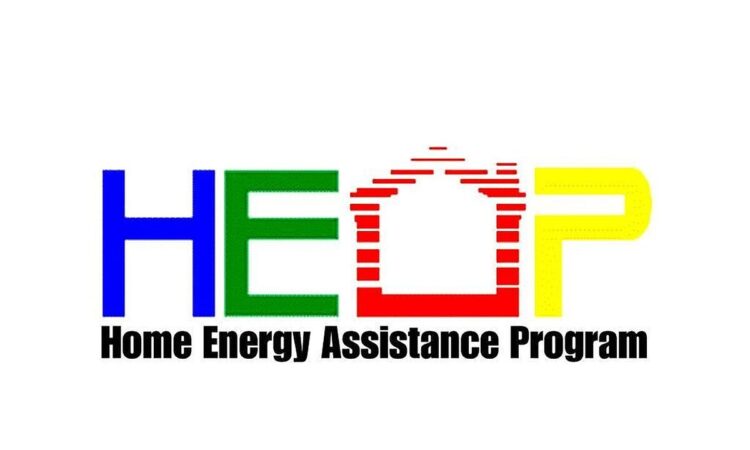
The Home Energy Assistance Program (HEAP) is a federally funded program in the USA that provides eligible American citizens with a financial boost to help them pay their home energy bills.
It is one-time benefits payment that is applied directly to the customer’s utility bill or bulk fuel bill.
4.5bn dollars to help with US heating costs
Back in November, the US Department of Health and Human Services (HHS), through the Administration for Children and Families (ACF), announced that they would provide 4.5 billion dollars to help American households lower heating costs.
“For more than 40 years, this program has helped low-income families pay their home heating and cooling bills,” said HHS Secretary Xavier Becerra.
“As heating costs increase, it is more important than ever to help families struggling to make ends meet.”
What are the income limits to qualify for HEAP?
HEAP could help you in the event you heat your home with electricity, natural gas, oil, coal, propane, wood, wood pellets, kerosene or corn.
To be eligible for HEAP in New York, your household’s gross monthly income should be at or below the current income guides for your household size.
For instance, the maximum gross monthly income for a household of one person is 2,852 dollars, while the income limit is set at 3,730 dollars for a household of two and 4,608 dollars for three people. A family of four can earn up to 5,485 dollars per month and still qualify for assistance.
“Through this federal funding, we can help more families cover their energy bills and still have the money to pay for other household needs, like food and medicine.” New York Governor Kathy Hochul noted.
“As New Yorkers face higher energy costs, this is a critical resource for families to ensure their homes are safe and warm this winter.
“It is important for New Yorkers to take advantage of the State’s cost assistance and residential programs to help reduce these energy costs.
“Following these tips can help save money and protect our vulnerable populations during the cold season.”






